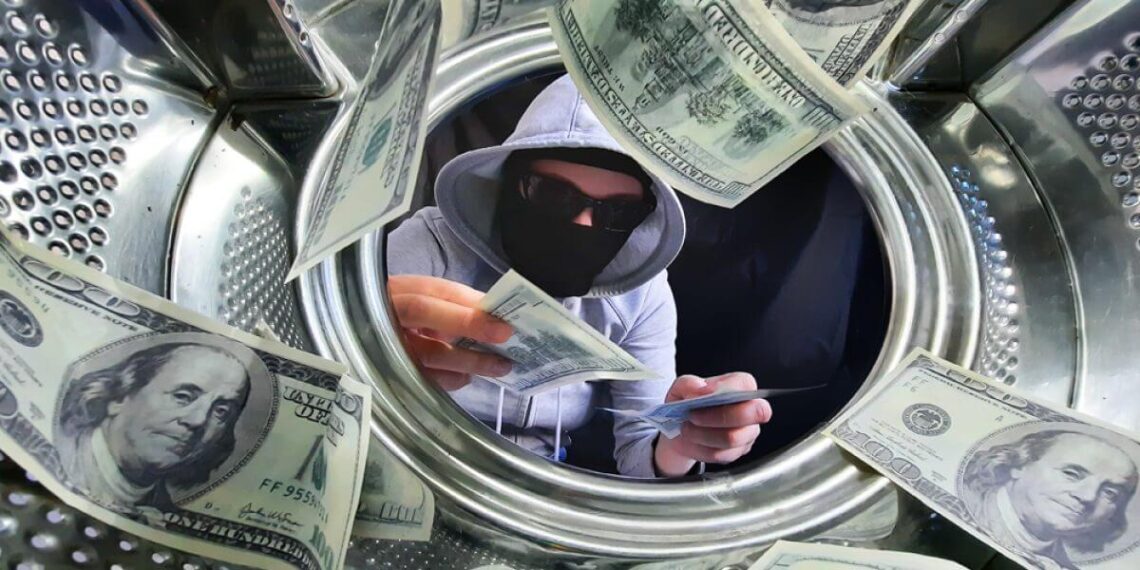With instances of money laundering reaching new heights the past few years, the threat of your business being used for money laundering schemes has become increasingly more probable especially without the proper AML solutions in place.
Whether or not the company was aware that it was being used for illicit means, money laundering can sometimes cause irreparable damage to the business, not to mention the effects it can have on the economy and the society as a whole.
The effects of money laundering are so large, in fact, that they account for up to 5% of the global Gross Domestic Product (GDP) each year. While criminals tend to lean towards the US dollar, the Euro has gained a significant amount of traction in recent years due to its stability and its use in many different countries. That being said, here are some of the ways money laundering can seriously damage your business:
Table of Contents
It can lead to a loss of customer trust
When a company – especially a high profile one – is implicated as part of a money-laundering operation, there’s a good chance that the whole situation becomes a highly publicized ordeal and certainly not in a good way. This can lead to customers to lose trust and refuse to patronize the business, which in turn can impact the company’s revenue and business activities in a severely negative fashion.
Danske Bank – a bank with a rich history dating as far back as 1871 – is a good example of this. Between 2007 and 2017, the bank was observed to be engaging in suspicious transactions, with Danske Bank eventually being identified as Europe’s largest scandal with the European Commission’s money-laundering suits. Its Estonian branch alone was reportedly taken advantage of to launder around $228 billion US dollars worth of money in an 8-year span.
The business could stand to face heavy fines
If convicted of being a part of money-laundering practices, businesses are sure to face steep fines and some of its members even run the risk of facing some serious jail time.
A prime example of this would be Standard Chartered Bank, a popular financial institution whose woes began in 2004 due to its lax AML practices. Eventually, the bank would be penalized $670 million US dollars in 2012 on account of its violations towards regulatory agreements, although the fines wouldn’t cause them to clean up their act.
Following more accusations of violating US sanctions, UK and US authorities ended up finding Standard Chartered Bank a whopping total of $1.1 billion US dollars.
Money laundering can give the entire country a bad reputation
Developing countries are more likely to facilitate money laundering operations due to their weaker AML legislation and higher rates of corruption, leading the entire nation to be seen in a negative outlook. Severe cases of money laundering in third-world countries have even caused entire industries to be overtaken by organized crime. Afghanistan, Haiti, Myanmar, and Laos are some of the countries with the highest AML risk.

